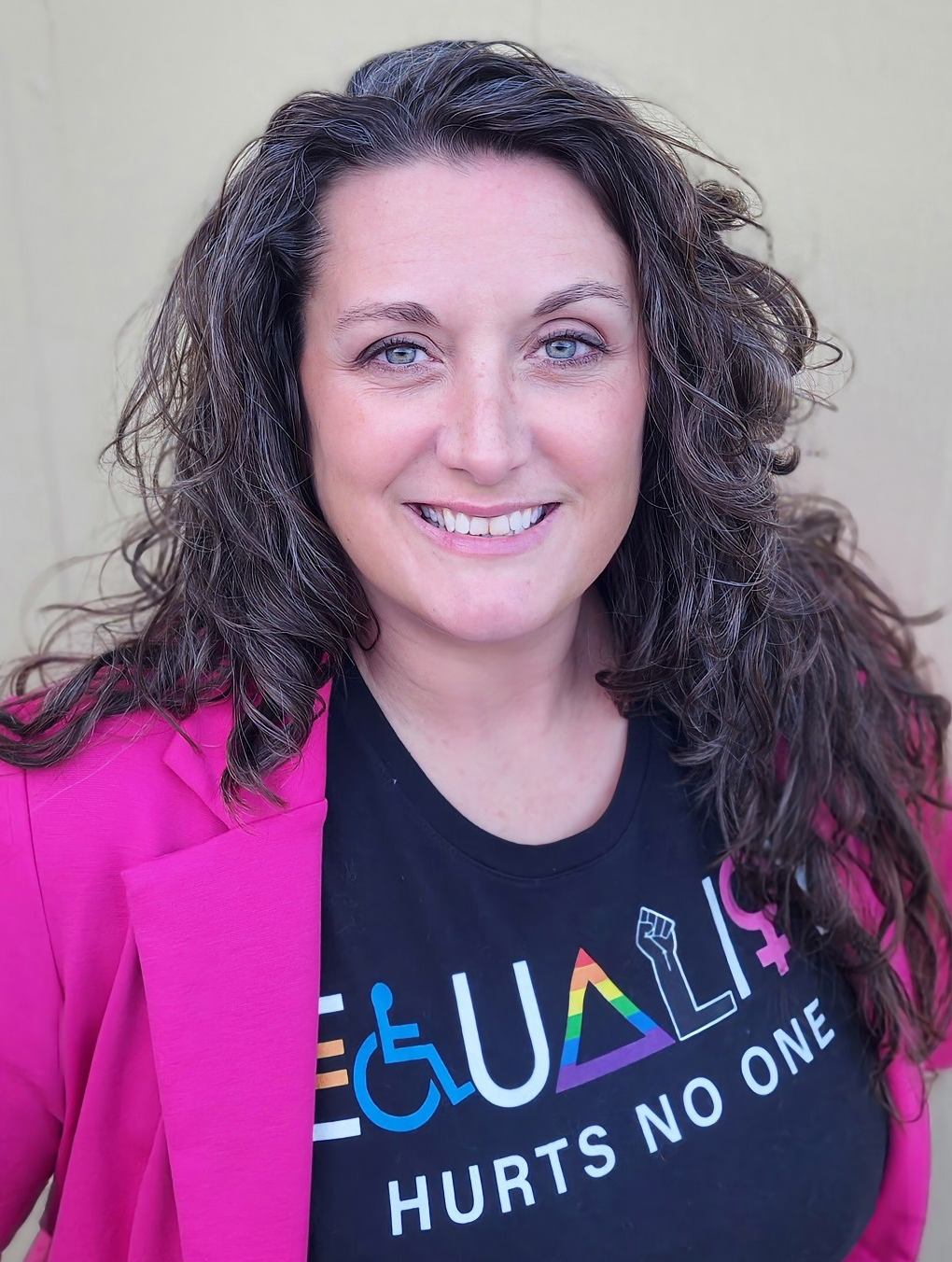New committees to advance diversity, equity, inclusion, accessibly
WRIGHT-PATTERSON AIR FORCE BASE, Ohio (AFRL) — The Air Force Research Laboratory, or AFRL, has launched new action committees under its Aerospace Systems Directorate Diversity, Equity, Inclusion and Accessibility, or DEIA, program. While this initiative began Sept. 1, 2022, the action committees will launch in multiple stages. Employees will receive email notifications, on-site digital outreach and updates from team members with details on how to get involved.
“AFRL’s DEIA program is critical to mission readiness and accomplishment,” said Tina Spencer, diversity, equity, inclusion and accessibility officer for AFRL’s Aerospace Systems Directorate. “The work of the DEIA Council promotes a flexible, agile and adaptive workplace or workforce (place or the people?) that recognizes the unique characters of our members and leverages diversity as a strategic advantage.”

Tina Spencer, diversity, equity, inclusion and accessibility, or DEIA, officer for the Air Force Research Laboratory’s Aerospace Systems Directorate, celebrates the launch of six new directorate-level action committees at Wright-Patterson Air Force Base, Ohio, Oct. 20, 2022. These new DEIA groups will serve the workforce by identifying and addressing barriers and developing action plans to create a more equitable, accessible, diverse and inclusive workplace. (Courtesy photo)
Spencer said the action committees will benefit the workforce by identifying and addressing barriers associated with set focus areas. The recommendations and action plans they submit to the DEIA Office aim to create a more equitable, accessible, diverse and inclusive workplace.
“AFRL believes that equity and accessibility are necessary for diversity and together, the three help build a culture centered on trust and communication that results in inclusion that supports the warfighter,” Spencer said. “The Aerospace Systems Directorate DEIA program empowers a welcoming and respectful learning and working environment where all individuals feel they belong. We engage the organization at all levels by representing diverse perspectives, combating systemic inequities and responding to the needs of our workforce and our mission.”
Six committees are forming to serve the workforce’s needs. The first is focused on education and training. This group will identify barriers and address DEIA training and education opportunities through seminars, speakers and cultural and heritage awareness activities and events. The second committee, focused on physical and psychological safety action, will identify barriers, expand awareness and implement opportunities to support physical and psychological safety for all.
“I am very excited the Aerospace Systems Directorate is leading the formation of barrier analysis working groups within AFRL,” said Dr. Marcus J. Smith, AFRL’s chief DEIA officer. “Not only will this go a long way in creating a more inclusive workplace and eliminating inequities, but it also aligns very well with the working/action groups being established by the AFRL enterprise DEIA council focused on training and education, retention and outreach.”
The third directorate-level committee, focused on equity and accessibility, will identify barriers and address implicit and explicit inequities in systems, programs and processes, and address needs associated with facilities, information and communication, especially as they impact individuals with disabilities. A fourth Mentorship Action Committee will identify barriers and address needs for internal workforce mentorship and external student, faculty and fellowship internship/mentorship opportunities.
“AFRL is committed to creating, promoting and sustaining a people-centered workplace where the talents of all individuals are nurtured, recognized and appreciated,” said Dr. Michael Gregg, director of AFRL’s Aerospace Systems Directorate. “AFRL is concerned with the physical and psychological health and well-being of the workforce and [we] realize the impacts that also translate to health and well-being of their families, friends and all the people in contact with each person.”
The last two committees focus on recruitment and retention. The Recruitment Action Committee aims to identify barriers and address challenges to recruitment, to include the workplace environment, internal and external community outreach, hiring process, post-hire/pre-employment engagement and targeted groups. Members of the Retention Action Committee will identify barriers to address retention challenges including workplace environment, onboarding, promotion and pay, recognition and awards and professional development.
“Innovation, performance and well-being accelerate when organizations are diverse, psychologically safe and people-focused,” Gregg said. “Across AFRL, we’re focused on shifting mindsets, identifying and breaking down barriers and moving toward equity and accessibility that further progresses diversity and inclusion in our organization.”
About AFRL
The Air Force Research Laboratory is the primary scientific research and development center for the Department of the Air Force. AFRL plays an integral role in leading the discovery, development, and integration of affordable warfighting technologies for our air, space and cyberspace force. With a workforce of more than 11,500 across nine technology areas and 40 other operations across the globe, AFRL provides a diverse portfolio of science and technology ranging from fundamental to advanced research and technology development. For more information, visit: www.afresearchlab.com.
